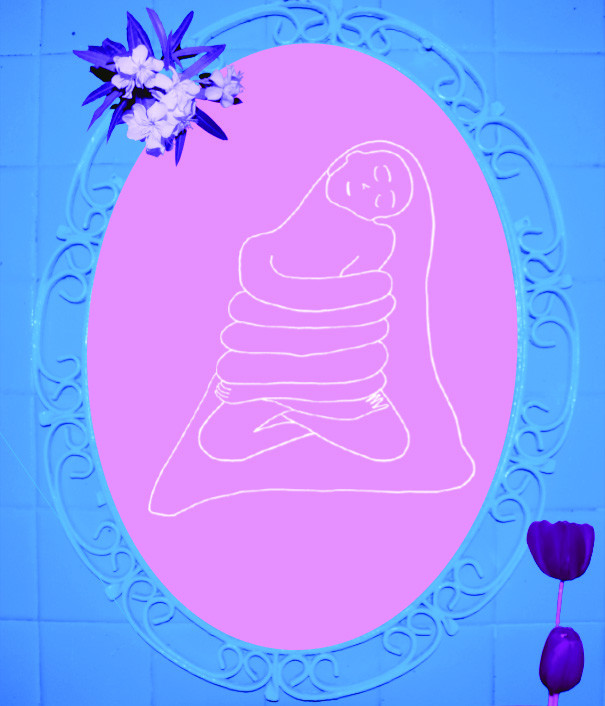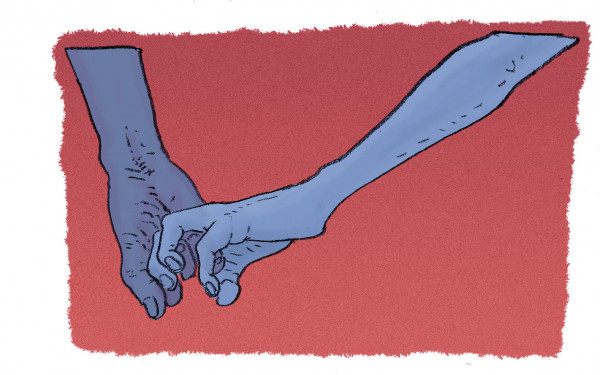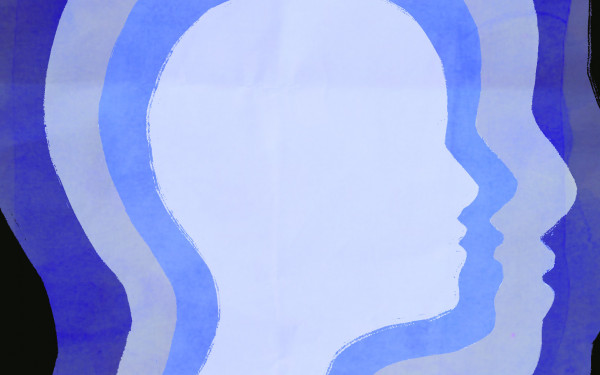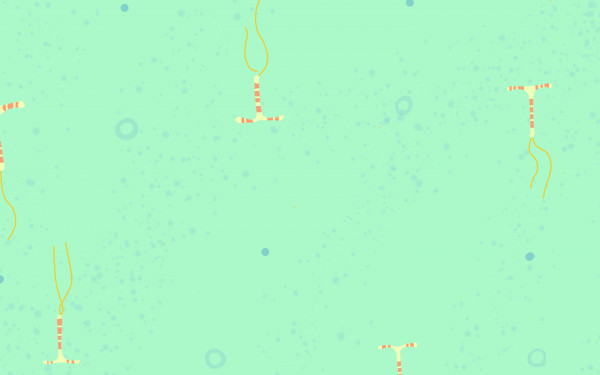Thank your body
Let’s take a moment to be grateful for everything the body does for us
We tend to base our judgement on what the human body should look like by scrolling through social media. We use photos of influencers, celebrities, and personal trainers as inspiration for our own bodies and what we should look like.
Moving into the third year of the pandemic, many of us have been presented with challenges on ways to stay physically healthy. Our regular fitness routines often took a beating as safety protocols forced gyms and fitness facilities to shut down. Some of us gained weight; some of us lost it. Some of us have done both—several times.
But let's take a moment to reflect on all the hard work your body has done for you, even without a gym routine or spinning classes. Our bodies do so much for us every millisecond of every day. It’s about time we thank them without passing so much judgement on their exteriors. They heal wounds, fuel our energy, breathe in, breathe out, and—sometimes to our frustration—shrink or expand.
While you might feel guilty about eating an extra couple of cookies without being able to hit the Bowflex, the average body will still burn around 1,800 calories in a day doing absolutely nothing. That’s because it’s working hard to digest every bite of food you take with the help of acids and enzymes in your stomach, turning carbohydrates into glucose. Because of this, your body gives you all the energy you need to either run a marathon or binge watch Squid Game. Either way, those 1,800 calories won’t be hanging around for your Marvel marathon the next day.
Let’s not forget to acknowledge the brain’s part in your energy consumption. While it may only make up 2 per cent of your body weight, it accounts for 20 per cent of calories consumed. When you’re in exam season and raking your brain for all the information stored within your long-term memory, keep in mind the importance of a good night’s sleep after all that energy it just ate up. Evidence shows it’s during sleep that those memories are consolidated and properly stored in the brain.
Sleep also helps run a healthy immune system—something we’re all vying for these days. The trillions of cells and molecules throughout your body help carry out the work of the immune system. While the skin is the first layer of armour against invaders trying to get in, immune cells such as phagocytes and white blood cells will kick into gear when needed, to help protect you against viruses and illness.
All of this, of course, would not be possible without the unrelenting work of the heart. Your heart will beat for you about 100,000 times each day. Simultaneously, your lungs will inhale and exhale around 22,000 times. As they continuously breathe for you, your lungs are also working overtime to protect your health by cleaning out pathogens trying to sneak in. If a particular particle is aggressive enough, your body will likely try to get rid of it for you by sneezing and making it someone else’s problem—something to ponder if you’re wondering whether or not masking up is worth it.
The best part: all of this happens without you having to put an ounce of thought into it.
Next time you catch yourself looking in the mirror and picking apart all the things you might not like about your body, take a moment to think of the miracle that it is and the relentless determination it has for keeping you up and running.
This article originally appeared in The Body Issue, published February 1, 2022.







